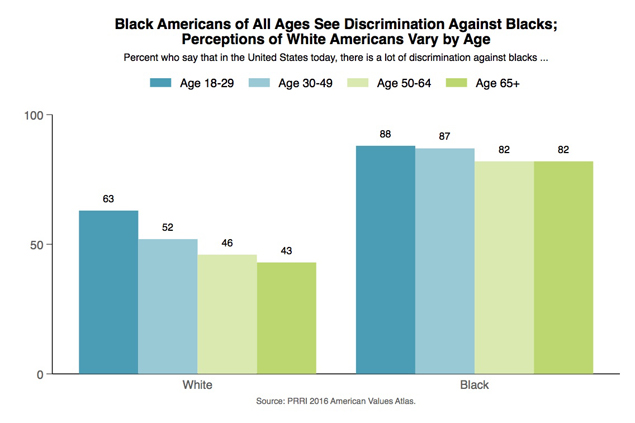At a recent visit to the offices of celebrity news outlet TMZ, Kanye West suggested that the 400-year enslavement of black people in the U.S. was black people’s “choice.” West defended his comments by arguing that he was engaging in “free thinking,” which itself was a none-too-subtle criticism of the victim mentality that West and others say is afflicting black America.
Critics of West have not held back, suggesting his comments variously show a lack of sensitivity, traffic in racial bigotry and betray a profound ignorance of American history. Van Lathan, a TMZ employee, responded to West’s comments directly, saying the rapper’s lifestyle and professional success allowed him to avoid the racial bigotry and discrimination that black Americans lived with every day. “While you are making music and being an artist and living the life that you’ve earned by being a genius, the rest of us in society have to deal with these threats to our lives.”
But the entire episode and the reaction to it raises an important question about racial discrimination in the U.S. and the extent to which views on the subject among black Americans transcend boundaries of gender, generation, region and class. How alone is Kanye West in his views about race in America? Among black Americans overall and white young people, he doesn’t have much company, but among older white men and white Republicans there is more support for his views.
PRRI’s 2016 American Values Atlas, which includes a sample of more than 4,000 black Americans, may provide some answers.
Overall, 85 percent of black Americans agree that blacks today experience substantial discrimination — notably, only 50 percent of whites say the same. Wealthier black Americans — those making at least $150,000 annually — are slightly more likely than those making less than $15,000 per year to say black people face a lot of discrimination (90 percent vs. 82 percent). The education gap is also modest. Eighty-nine percent of black Americans with a college degree say there is a lot of discrimination against black people in the U.S., compared to 82 percent of those without a college education.
There is also agreement across generations. More than eight in ten young black Americans (age 18 to 29) and black seniors (age 65 and up) believe that blacks face widespread discrimination in the U.S. (88 percent and 82 percent, respectively). And similar numbers of black men (83 percent) and black women (87 percent) say the experience of discrimination against black Americans is considerable.

Notably, there is far more variation in the views of white Americans by age. More than six in ten (63 percent) white young people, compared to only 43 percent of white seniors, believe black Americans face a lot of discrimination.
Regionally, there is little variation in views among black Americans. More than eight in ten black Americans living in the Northeast (87 percent), Midwest (86 percent), West (85 percent) and South (84 percent) say discrimination against black people is common in the U.S.
Even a majority of black Republicans — who represent a vanishingly small part of the Republican Party — believe that black people in the U.S. contend with a lot of discrimination. More than six in ten (63 percent) black Republicans and 88 percent of black Democrats say blacks experience substantial discrimination. In contrast, 30 percent of white Republicans and nearly three-quarters (74 percent) of white Democrats say the same.
Kanye West recently tweeted, “To be great is to be misunderstood.” But his views on race in the U.S. are not unique. (A majority of older white men do not believe there is widespread discrimination against blacks in the U.S.) They are just uniquely out of step with the vast majority of the black community.

